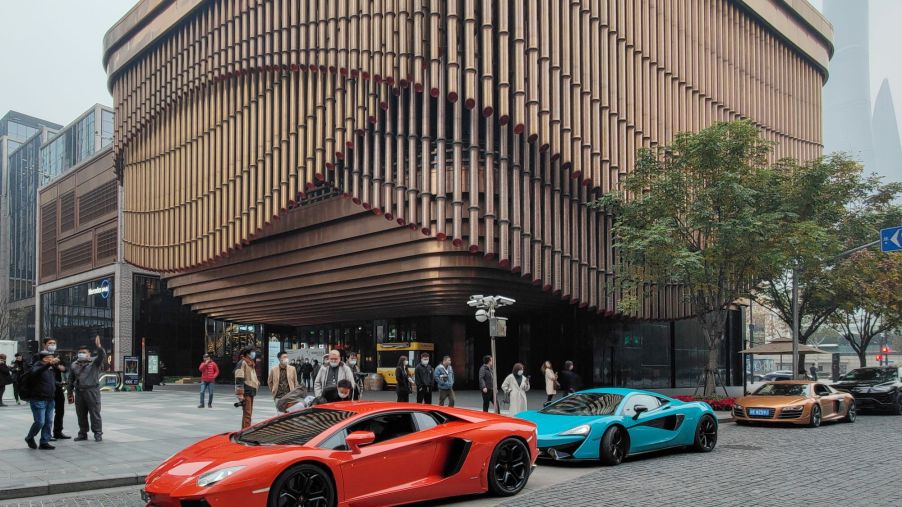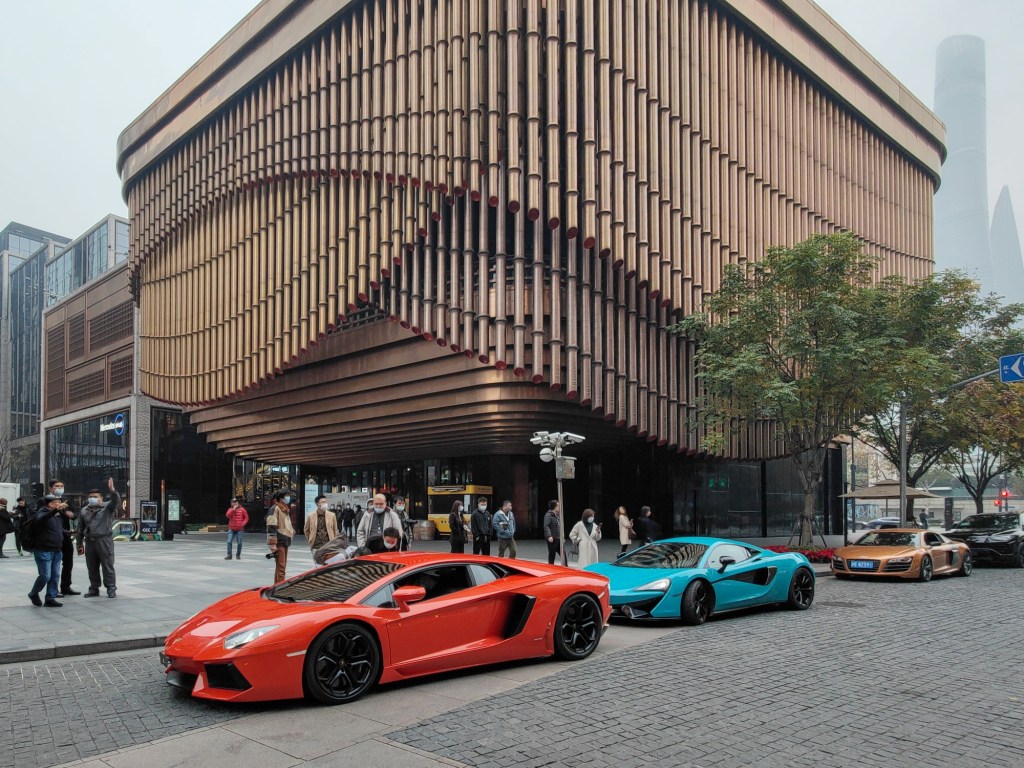
Italy Wants to Protect Ferrari and Lamborghini Supercars From the EU’s Gas Engine Ban
As climate change ravages the globe, an increasing number of automakers and national governments are emphasizing electric vehicles (EVs). They hope that the fuel economy of EVs will help stem the tide of global warming and reduce dependence on increasingly scarce fossil fuels. The European Union has instituted numerous mandates regarding EVs. However, one country in the union is hesitant to get fully on board with these initiatives.

Emphasis on EVs has grown considerably in recent years
In recent years, many governments in the U.S. and across the globe have emphasized getting manufacturers to produce EVs and consumers to purchase them. In Europe, for example, government expectations regarding EVs are pretty high. As Jalopnik reports, the EU has completely banned gasoline engines starting in 2035.
Individual European countries have their mandates and initiatives as well, and the results have been impressive. Take Norway. Though it seems hard to believe, more than 50% of vehicles in Norway are EVs. The government achieved this milestone through policies such as lower taxes on EVs and “pollution taxes” on other vehicles.
The U.S. government has established its own EV-related goals as well. The Biden Administration aims to have EV sales be at least 50 percent of total vehicle sales by 2030. They’ve also set much stricter emissions standards, hoping that manufacturers will find it easier to produce EVs than to try to meet these new standards.
And finally, U.S.-based manufacturers are also aiming to increase their production of EVs. General Motors (GM) intends to be all-electric by 2025, and Stellantis and Ford aim to have 40 percent of their vehicles be EVs by 2030.
Italy wants an exception for supercars Ferrari and Lamborghini
While the EU has been strongly pushing EVs, one of its member nations, Italy, has shown some hesitancy to get on board when it comes to the famous supercars produced there. Jalopnik explains that Italian Prime Minister Mario Draghi is in talks with the EU to try to obtain an exemption from the 2035 ban for manufacturers Ferrari and Lamborghini.
To obtain this exemption, the Italian government is claiming that these two supercar manufacturers produce niche vehicles whose production numbers are so low that the impact of their use of fossil fuels would be extremely minimal. They also argue that additional time is needed to transition these vehicles, given the complicated technology involved in maintaining their high-performance levels on battery power.
The proposed exemption would focus only on supercars
It’s important to note that Italy’s proposed exemption for certain vehicles doesn’t apply to all cars produced within its borders. It’s mainly concerned with high-performance cars, including Ferrari and Lamborghini.
It may be a challenge for them to convince EU regulators of the merits of their argument. After all, other European manufacturers are pushing forward with developing EV technology at a rapid pace. Bloomberg writes that German-based Porsche’s fully electric Taycan has been available on the market for a couple of years. This makes the argument that EV technology will remain out of reach for supercar manufacturers by 2035 a little more questionable.
In fact, Ferrari recently announced that it would introduce its first electric vehicle by 2025, an entire decade ahead of the requirements of the EU mandate. This leaves us to wonder if they can pull this off in the next few years. Is it too much to expect that they could be fully electric by 2035?


